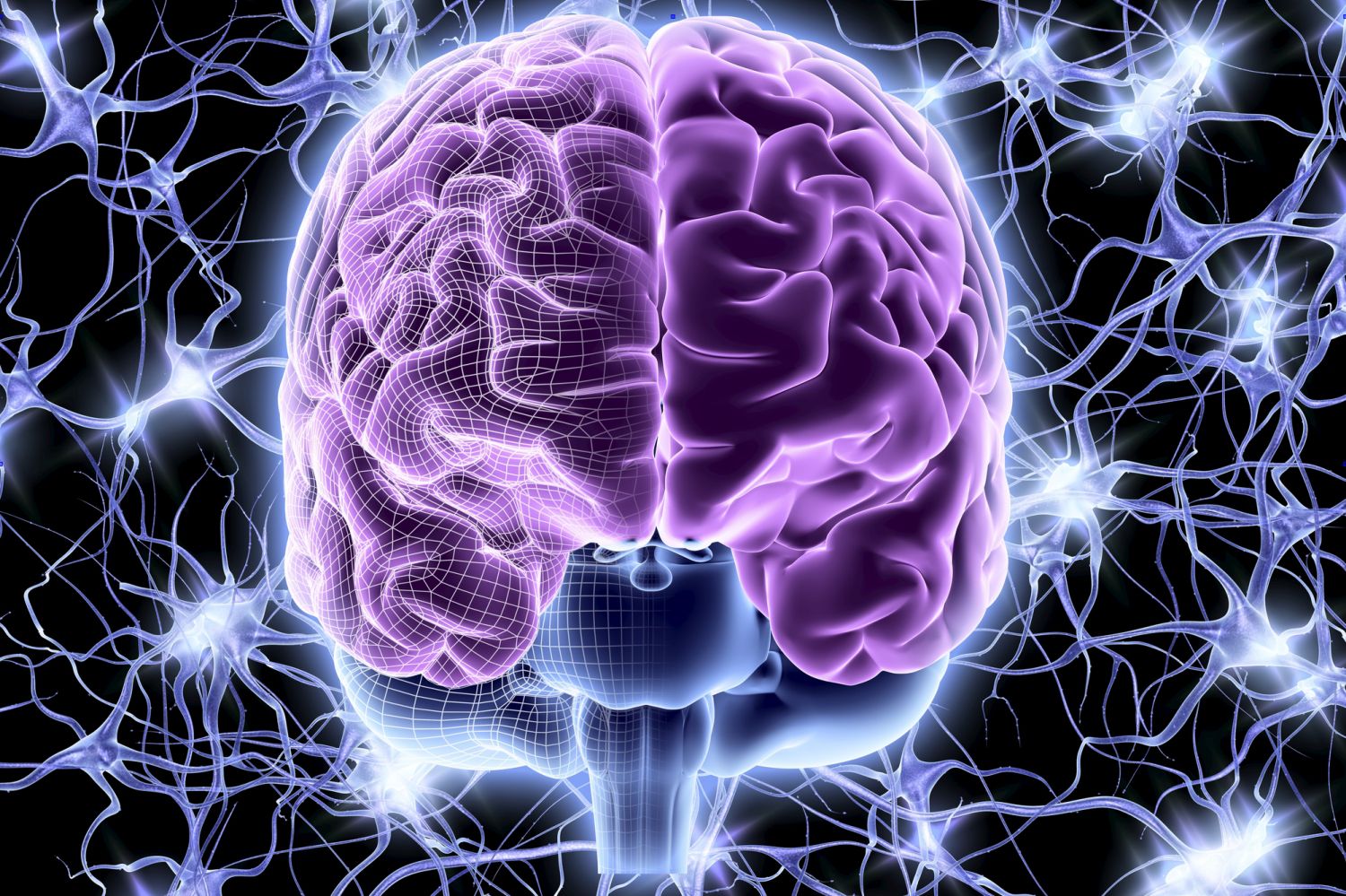The human body has an amazing mechanism that correlates each organ to the other and works in a system. The brain is the command center of all activities that the body carries at a specific point of time or in day-to-day life. It commands various organs to activate, deactivate or refrain from activities in a way that can benefit the body. The nervous system is a strong network from which all the commands from the brain are passed to different organs. These commands are passed through two systems known as the central nervous system and peripheral nervous system.

The central nervous system
It is the system in which the brain is connected to the main nerves that pass through the spine. From this network, many more nerves go to different other organs and help them carry out required functions. Both systems work in synchronization with each other and help different organs as well as the body.
The peripheral nervous system is a part of the nervous network connected to the central nervous system. Its other end is connected to different organs from where it passes the message to and from a central nervous system that ultimately goes to the brain. In this way, the brain sends messages to different organs in the body. Different organs also send messages to the brain, which help it to control or deactivate certain functions as per the situation.
The peripheral nervous system
This system can be said to a subordinate to the central nervous system that passes through the spine. It is also connected to limbs, skin and other organs. In simple words, the body can feel or sense anything with the help of the peripheral nervous system only. In case of any issue with this system, many routine functions or actions of organs may be affected.
The peripheral nervous system is the branch of the nervous system network, and all nerves which are not part of the central nervous system are a part of this network. This network has various cells that include autonomic nerves, sensory nerves and motor nerves. The autonomic nerves act on their own, and together all these nerves work as an alarm, clock or even smoke detector as the senses act on this system only.
If one faces any problem with smell, taste or touch or even balancing the body, the chances are high that he has issues with any parts of this nerve system. Though experts can handle any such issue with the help of medication and surgery, most of them can recover independently if there is no serious issue with the cells and system as a whole. Working of the whole peripheral nervous system in coordination with the central nervous system can help one keep healthy, fit and balanced with active routine life.
The issues
In case of any injury or trouble with any nerve or cells, the system or nerve sends a signal to the brain called impulse. As per the severity of the injury or situation, the cell or nerve keeps on sending and receiving high impulses to the brain and acts as per the instructions received from the brain. Hence it is a two-way communication that helps our body keep safe and act timely in different conditions. The autonomic nerves are also divided into two categories that are known as sympathetic nerves and parasympathetic nerves. The first one acts on its own and increases the speed in the body, while the latter is known as reducing the same.
In case of an increase in heartbeats, the sympathetic nerves increase blood pressure, while in the case of the slow movement of blood from the gut, the parasympathetic nerves lead to lower blood pressure. Hence, it is only due to this system that the human body gets affected by different medicines differently and reacts differently in different cases. The spinal cord plays a major role in the nervous system as both systems are directly or indirectly connected to it. The central nervous system is backed by the spinal cord only, and all signals in both these systems also pass through the same, which shows the huge significance of this part of the body in the overall nervous system.